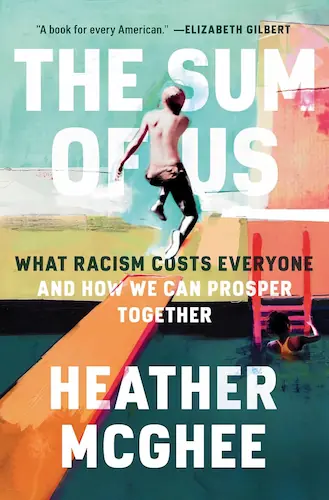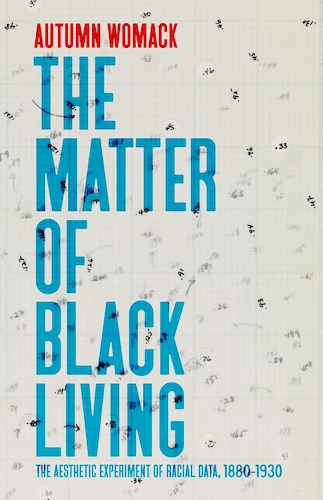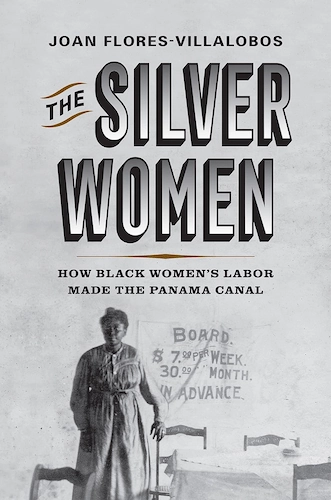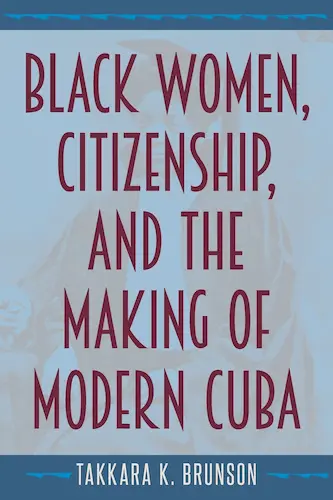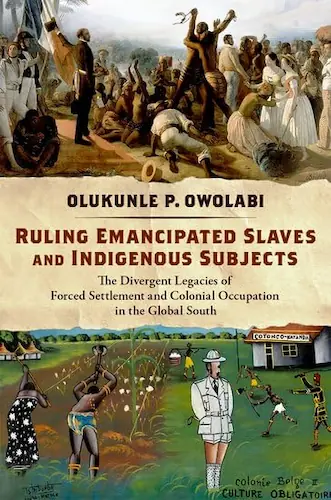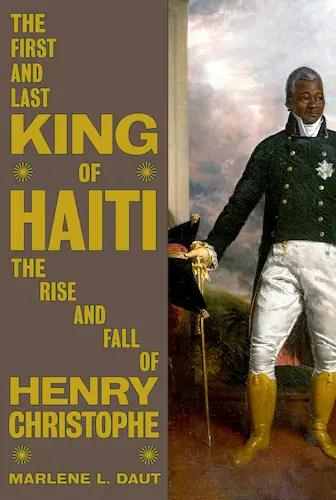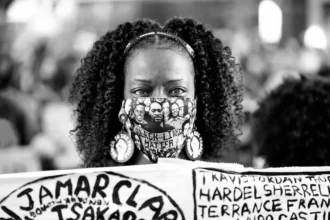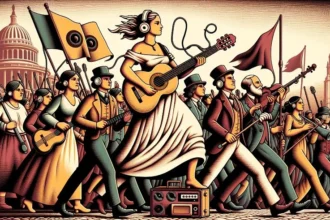A Book That Redefines the Price of Inequality
Winner of the 2022 Robert F. Kennedy Human Rights Book Award, The Sum of Us: What Racism Costs Everyone and How We Can Prosper Together by Heather McGhee is more than just a powerful investigation into racial injustice.
It is a data-driven and deeply human argument that racism, especially the “zero-sum” thinking it fosters, impoverishes everyone. McGhee, a distinguished policy expert and former president of the think tank Demos, travels across the United States to gather stories, facts, and experiences that reveal the structural logic behind inequality—and, crucially, the potential of solidarity to create a fairer and more prosperous society for all.
The Fallacy of the Zero-Sum Game
At the heart of McGhee’s thesis is the dismantling of the “zero-sum paradigm”: the belief that gains for some inevitably mean losses for others.
This idea, she argues, has been weaponized in American political and economic discourse to justify policies that disproportionately harm communities of color, while simultaneously stripping benefits from white Americans as well.
Her most emblematic example—cities closing public pools to avoid integration—demonstrates how racism can lead to collective loss rather than individual gain. Such decisions exemplify how fear of racial equity leads to the destruction of public goods for everyone.
Public Goods and the Privatization Trap
Through stories of disinvested neighborhoods, underfunded schools, and eroded labor rights, McGhee shows how public systems have been deliberately dismantled under the guise of fiscal conservatism and racial resentment.
Universal programs—like quality public education, healthcare, or housing assistance—are too often viewed as handouts to the undeserving, rather than investments in a healthier and more productive society.
In truth, McGhee argues, these systems crumble not because they are ineffective, but because their association with racial inclusion sparks opposition from segments of the white electorate. This paradox has allowed privatization to take hold, deepening inequality while reducing overall quality of life.
The Hidden Costs of Racism
What McGhee terms the “Solidarity Dividend” is her response to this entrenched zero-sum mentality.
She documents how cross-racial coalitions have succeeded in improving conditions not just for minorities, but for working-class whites as well.
From union victories to environmental campaigns, these examples highlight how mutual interests—clean air, fair wages, access to health—transcend racial lines when communities unite. Yet she also emphasizes that solidarity requires effort: it demands unlearning inherited prejudices and seeing through the myths that divide.
Race, Economy, and the American Myth of Meritocracy
McGhee interrogates the idea that the U.S. is a land of equal opportunity, illustrating how systemic racism distorts markets, punishes ambition, and limits social mobility.
Explore Books Written by Our Contributors
Discriminatory lending practices, exclusionary zoning, and racially biased criminal justice policies don’t just target individuals—they shape the economic structure of entire communities.
And the costs reverberate: home foreclosures and mass incarceration don’t remain isolated problems. They ripple outward, harming national economic stability and exacerbating public health crises.
A Blueprint for Collective Prosperity
Rather than dwelling in critique, The Sum of Us offers an affirmative vision: a country where shared prosperity replaces racial scapegoating. McGhee urges readers to embrace a politics of mutuality, grounded in the belief that we can do better—together.
Her interviews with organizers, policy innovators, and everyday citizens provide glimpses of what this future might look like.
From expanding voter access to rethinking climate justice, McGhee charts a course for collective progress rooted in moral clarity and practical solidarity.
Why This Book Matters Now
In a moment of increasing polarization and backlash against diversity initiatives, The Sum of Us is a vital counterweight. It makes an urgent case that dismantling racism is not merely an ethical imperative, but a pragmatic one.
By demonstrating that exclusion ultimately weakens everyone’s social fabric, McGhee shifts the narrative from guilt to possibility. Her work encourages readers, especially those not directly affected by racial injustice, to see equity as a shared investment rather than a charitable cause.
A Call to Reimagine What We Share
The Sum of Us is not only a landmark work of social analysis, but also a hopeful roadmap toward a more inclusive and equitable America.
Heather McGhee reminds us that the cost of racism is borne by all—and that the rewards of solidarity are within reach. In a time when cynicism often prevails, her message is both urgent and empowering: our destinies are linked, and in unity, we can prosper. The book is available here.


